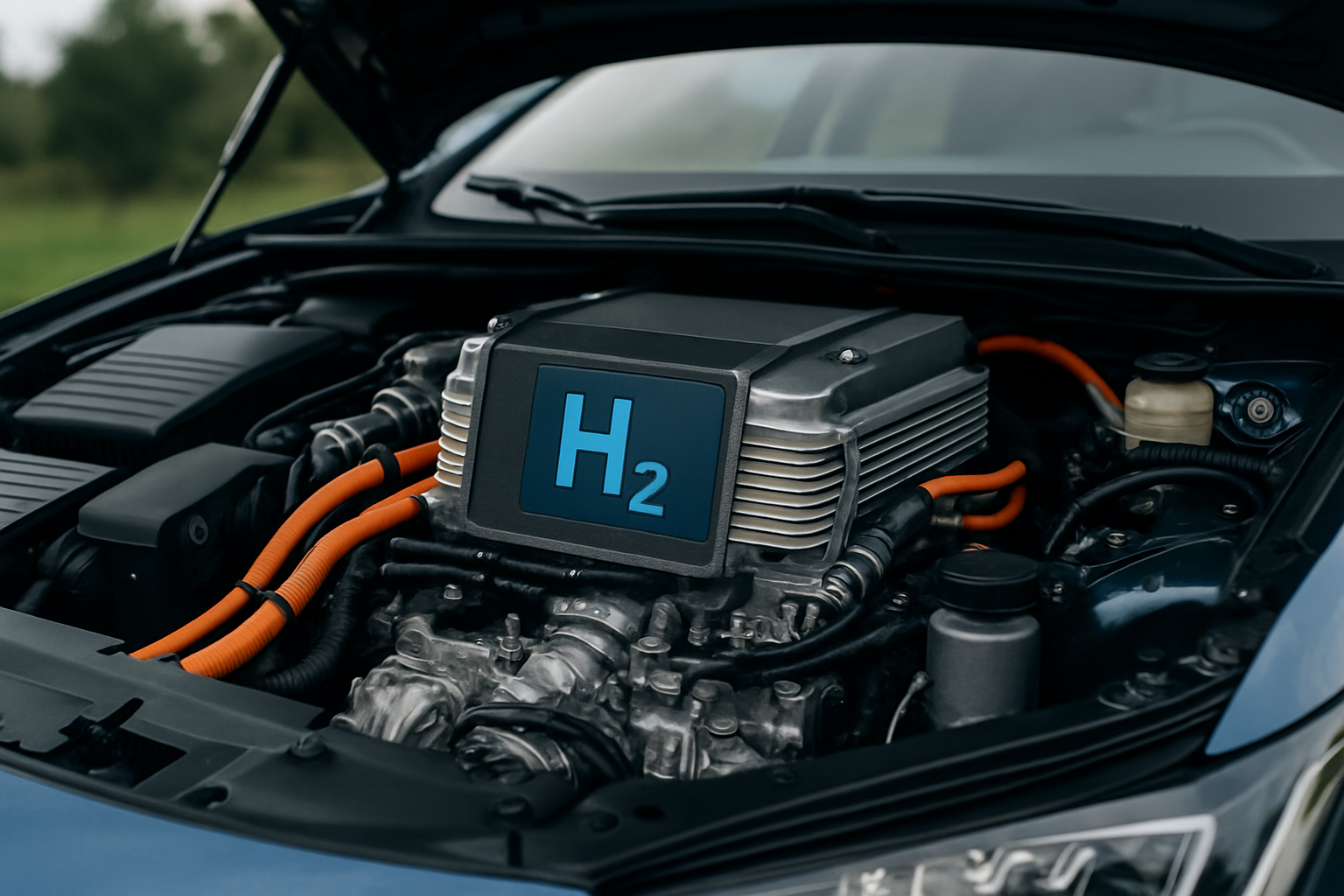Rediscovering the Art of the Internal Combustion Engine: A Deep Dive into Hydrogen Fuel Cells
Most automotive enthusiasts are familiar with the iconic roar of the internal combustion engine. Yet, as the world pivots towards more sustainable alternatives, the traditional gas-guzzling powerhouses are under threat. However, there's a lesser-known technology that's attempting to bridge the gap between the old and the new - hydrogen fuel cells.

The Genesis of Hydrogen Fuel Cells
The concept of hydrogen fuel cells isn’t new. It traces its origins back to the mid-19th century, when Sir William Robert Grove, a Welsh judge and inventor, developed the first crude fuel cell. The concept lay dormant for many years until the mid-20th century, when interest in sustainable energy sources rekindled its potential. It wasn’t until the 21st century that car manufacturers began seriously exploring its applications in the automotive industry.
Hydrogen Fuel Cells: How They Work
At the heart of a hydrogen fuel cell vehicle lies a device that combines hydrogen and oxygen to produce electricity, heat, and water - a vastly cleaner output compared to traditional internal combustion engines. The electricity generated powers the electric motor which drives the vehicle, offering a sustainable, zero-emission solution without compromising on the performance and driving range that petrol engines offer.
The Rising Tide of Hydrogen Power
While the early 2000s saw a surge in interest in hydrogen fuel cells, their adoption in the automotive industry has been slow. This is largely due to challenges surrounding hydrogen storage and infrastructure. However, recent advancements have seen a resurgence in interest. Prominent auto manufacturers are investing in this technology, with several hydrogen-powered cars already on the road.
Impact, Potential, and Challenges
The potential benefits of hydrogen fuel cells are significant. They offer a practical alternative to traditional petrol engines while producing zero harmful emissions. However, there are challenges to overcome. Hydrogen production is energy-intensive and often relies on fossil fuels, negating some of its environmental benefits. Additionally, building the necessary infrastructure for hydrogen refueling is a significant hurdle.
The Road Ahead
Despite its challenges, the hydrogen fuel cell engine represents a promising path for the future of the automotive industry. It successfully marries the performance and range of traditional petrol engines with the sustainability of electric power. The road ahead is long, but hydrogen fuel cells offer a glimmer of hope in the quest for sustainable mobility.
The hydrogen fuel cell engine, once the stuff of science fiction, has become a reality. As we stand on the brink of a new era in automotive technology, it offers a fascinating glimpse into a future where performance and sustainability coexist. This technology may not be perfect, but it is a testament to human ingenuity and our relentless pursuit of a cleaner, greener world.






